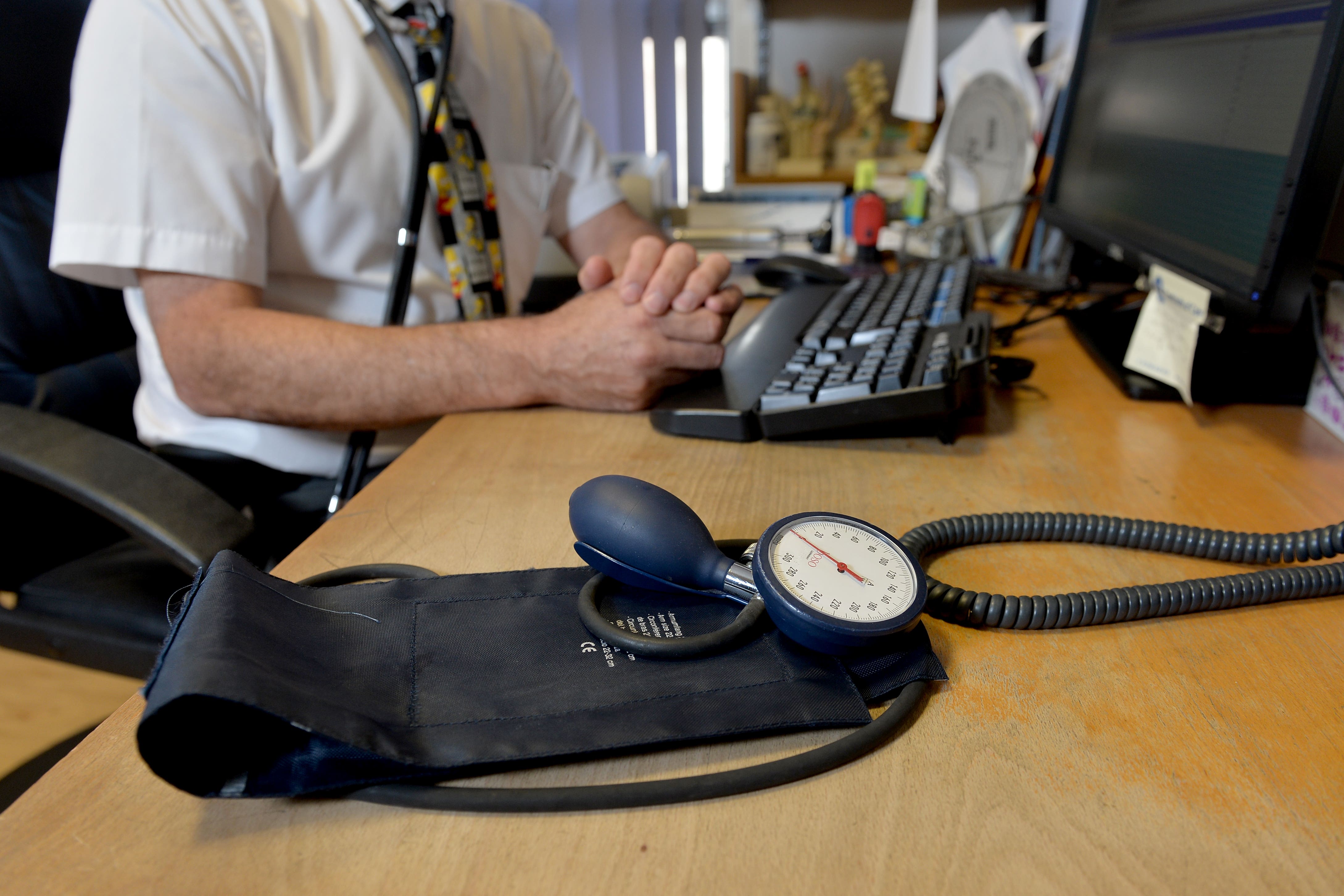AI ‘could help GPs to predict patient’s heart failure risk’
The algorithm was trained using the patient records of more than 560,000 UK adults.
Artificial intelligence (AI) could be used to identify patients at risk of heart failure, allowing them to be treated earlier, researchers have suggested.
The algorithm has been trained to identify early symptoms of the condition using patient health records and could bring forward diagnoses by two years, according to medics behind the platform.
The British Heart Foundation (BHF) estimates there more than one million people in the UK with heart failure, which prevents the heart from pumping blood around the body properly.
For the study, which was funded by the BHF, researchers used the patient records of 565,284 UK adults to train the AI algorithm, known as Find-HF.
It was then further tested on a database of 106,026 records from Taiwan National University Hospital.
Find-HF could potentially bring diagnoses forward by two years, opening a crucial window of opportunity for treatments to make the most difference
AI was able to accurately predict the patients at the highest risk of developing heart failure, and those who could be admitted to hospital with the condition, within five years.
Professor Chris Gale, a consultant cardiologist in the Leeds Teaching Hospitals NHS Trust and University of Leeds, said: “Data are collected about patients in every interaction they have with healthcare.
“This is an extremely powerful and unique national resource, and it is time to use these data to benefit patients.
“Find-HF could potentially bring diagnoses forward by two years, opening a crucial window of opportunity for treatments to make the most difference.”
Researchers suggested the platform could be used by GPs as an early warning system, allowing them to test and diagnose patients earlier.
They are now planning to assess the accuracy of Find-HF further by inviting those identified in their patient records at being most at risk of heart failure to be tested for the condition.
Dr Ramesh Nadarajah, a health data research UK fellow at the University of Leeds, presented the findings at the British Cardiovascular Society Conference.
He said: “Many people receive their diagnosis of heart failure at too late a stage when disease-modifying treatments are potentially less effective, especially women and older people.
Heart failure is a devastating condition, which is often only diagnosed at an advanced stage when it is already severely impacting people’s lives
“We are using machine learning tools with routinely collected data to identify people with heart failure earlier, so that they can get the right treatment and prevent hospital admissions and death, and improve quality of life.”
Professor Bryan Williams, chief scientific and medical officer at the BHF, said: “Heart failure is a devastating condition, which is often only diagnosed at an advanced stage when it is already severely impacting people’s lives.
“But with early diagnosis patients can access the right treatments and effective management of their condition.
“Harnessing the power of AI through research like this takes us a step closer to improving lives for many more people affected by heart failure.”

Bookmark popover
Removed from bookmarks